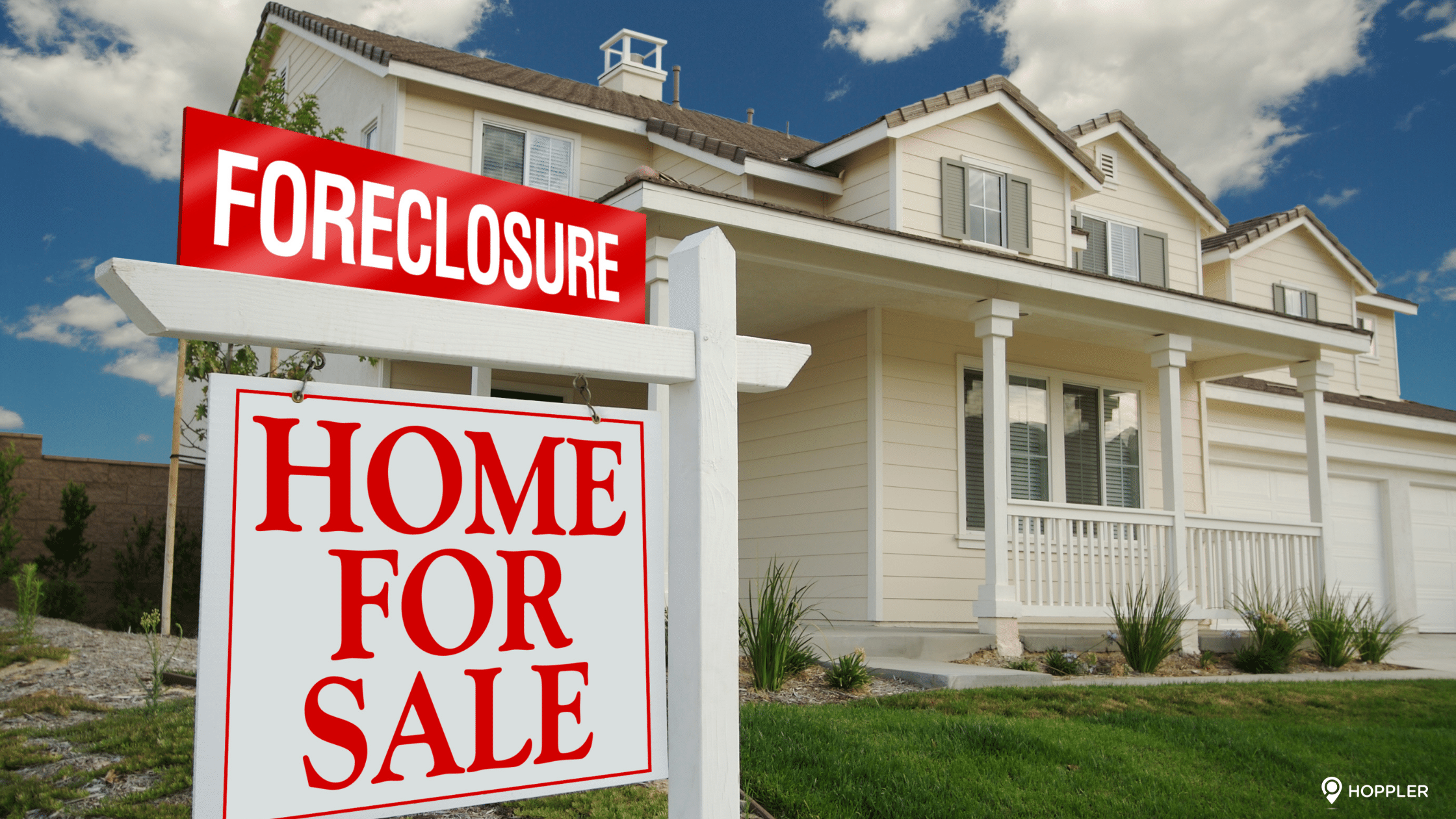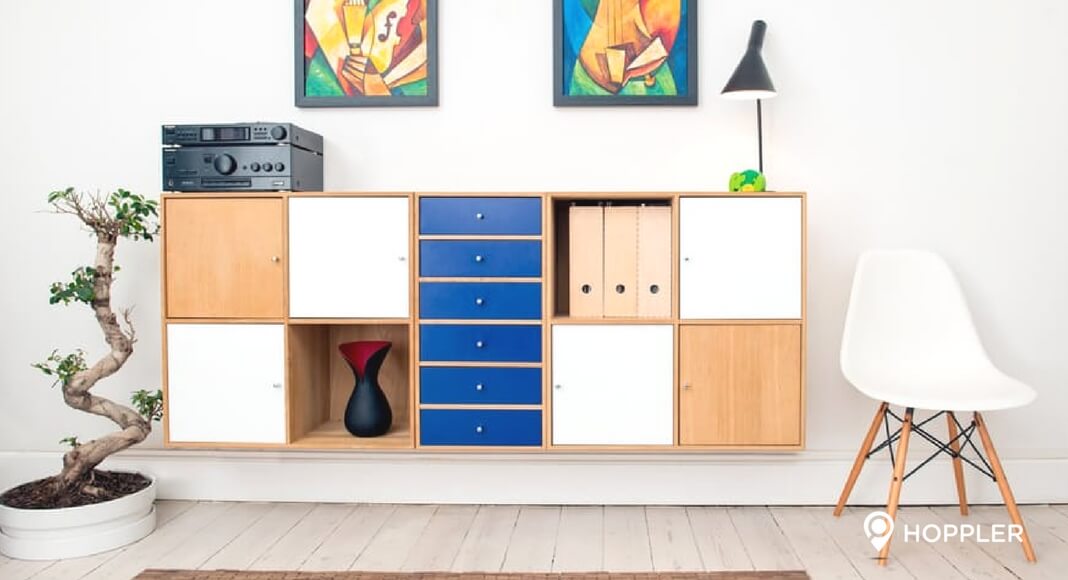An Expat’s Guide to Buying Real Estate in the Philippines
The Philippines, famous for its islands, tropical weather, and friendly people, is home to a large community of expats. The country is also a popular retirement destination among foreign nationals due to its fairly low cost of living as well as its generally more hospitable regulations for retirees compared to others in Asia. The Department of Tourism even has a dedicated arm, the Philippine Retirement Authority, that extends its services to assist retirees in the Philippines.
Can an expat buy a property in the Philippines?
The Philippine Constitution limits the ownership of land in the Philippines only to Filipino citizens. However, there are several exceptions that permit expats to buy or acquire real estate property in the country.
The easiest way is by purchasing a condominium unit or flat. Aside from a faster buying process, buying a condominium also has its benefits. However, foreigners are only allowed to own 40% of the units in a condominium building or project, as governed by the Condominium Act of the Philippines. The remaining 60% must be Filipino-owned.
Expats can also legally own a house as long as they also lease the land on which it is built. Though likely to be more expensive, this gives foreigners the option to live in a house in a private subdivision. Under the Investor’s Lease Act of the Philippines, foreigners are provided with the option to enter into a lease agreement with a Filipino landowner for a long-term lease. The initial period may be to a maximum of 50 years, with a one-time option to renew for 25 years. With this lease, the foreigner can also opt to build his own house on the land.
Are there other options for foreigners to acquire properties?
1. Marrying a Filipino citizen
Foreigners married to a Filipino citizen (who has not renounced his or her citizenship) can purchase a property – including land – in the name of the spouse. While his or her name will not be in the title, it can be included in the contract to buy the property. In cases where the Filipino spouse has passed away, the ownership of the land still cannot be transferred to the expat, but they have the option to sell the land and benefit from its earnings.
2. Creating a domestic corporation
A valid route some expats take to buy land in the Philippines is through creating their corporation. Corporations are permitted by the Constitution to own land in the Philippines. Its only regulations are that the company must be registered with the SEC and the government Board of Investment and that Filipino citizens own no less than 60% of the company. The remaining 40% can be owned by a foreign partner or partners. Once approved by the SEC, the foreigner, through the company, may now purchase any real estate property. However, if purchasing through a corporation, a foreigner may only own 1,000 sqm or one hectare of land.
3. Applying for a retiree visa
For foreigners who want to retire in the Philippines, they may apply for the Special Resident Retiree’s Visa (SRRV), a non-immigrant visa that foreign nationals to stay permanently or indefinitely. There are five different categories to this visa: SRRV Classic, SRRV Smile, SRRV Human Touch, SRRV Courtesy, and SRRV Expanded Courtesy. Among its benefits, the SRRV provides the foreigner with multiple entry and exit privileges as well as entitlement to PHILHEALTH.
Are foreigners required to secure a visa to buy a property?
While a visa is not required to buy a property, it is useful when applying for a loan from a local bank. The necessary documents for a foreigner to purchase property are a passport and an Alien Certificate of Registration (ACR), a requirement for those who hold residence in the Philippines after their first 59 days. The ACR is issued by the Bureau of Immigration.
Where are the best areas to purchase a property?
1. Makati City
Condo living in Makati is popular among foreigners because of its proximity to the business district, which is in the middle of the city’s engaging lifestyle. There is a wide range of high-end, luxury condominiums in Makati in areas like Legaspi Village and Salcedo Village, walkable neighbourhoods that are packed with restaurants, galleries, and parks. For something more exclusive, Rockwell, which has commercial towers side-by-side its residential area, is also popular among expats.
For those who prefer a house, San Lorenzo Village, Bel-Air, and Dasmarinas Village are the addresses of some of the grandest homes and most private neighbourhoods in Makati.
2. Bonifacio Global City, Taguig City
Home to top-level companies and lifestyle hubs, Bonifacio Global City (BGC) in Taguig houses high-rise condo towers that surround its progressive business district. A complete city – with its own transport system, estate service, gas and water providers – BGC is a highly considered area among expats. Providing everything an individual or family would need within the city, what stands out in BGC is its numerous lifestyle options like shopping malls, restaurants, bars and clubs.
3. New Clark City, Tarlac
For something a little less urban while still close to Metro Manila, homebuyers can consider investing in a condo in New Clark City located in Northern Luzon in Capas, Tarlac. Made up of 9,450-hectares of land, New Clark City, through the Bases Conversion and Development Authority which pitched the project in 2012, is set to develop an estimated 3,500 hectares of land for residential and commercial buildings. An early entry into its real estate market is developer Filinvest Land, which is planning a 288-hectare mixed-use township, which is a viable investment option for expats looking to move to the Philippines in the near future.
What are the transaction fees when buying properties?
It is up to the seller of the property and the buyer to discuss who will cover certain fees in the turnover of the property and Deed of Absolute Sale, but several required payments from the buyer include the Documentary Stamp Tax, Registration Fee, and Transfer Tax.
Documentary Stamp Tax, which is paid to the Bureau of Internal Revenue, costs 1.5% of the property’s selling price, zonal value, fair market value, or whichever is higher. The Registration Fee varies depending on property type and must be paid to the Registry of Deeds where the property is located.
Transfer Tax may be as low as 0.5% to as high as .75% of the selling price or zonal value, whichever is higher depending on the guidelines of the municipality where the property is located. Transfer Tax is paid to the city treasurer’s office.
In most cases, the buyer also must pay for the Deed of Absolute Sale to be notarised, which typically costs 1% to 2% of the property’s selling price and no lower than P1,000.00.
How can foreigners find properties in the Philippines?
1. Online listings
To help with the initial search for properties, online listing websites or platforms are available for buyers to find thousands of condos and houses for sale or for rent. Some websites provide additional services like loan calculators or 360 degree home tours.
2. Partner with a broker
Ensuring a successful purchase of a property comes with knowing the right steps. By working hand-in-hand with a broker, buyers are not only assured that they are following the correct legal processes and requirements but also that they are being advised and guided by someone who is well-knowledgeable of the state of market. Brokers can assist in finding the right type of property that’s needed and negotiate the best price.
3. Use Hoppler
Hoppler is a network of real estate professionals providing end-to-end service for property buyers in the Philippines. With thousands of listings available online, expats can find condominiums and houses all around Metro Manila. With Hoppler, clients partner with one broker throughout the entire process.
With the right guidance of a real estate professional, foreigners can comfortably settle down in a property that they own.
Ready to buy? Tell us what you’re looking for by submitting this form. Our Sales Director will help you find your dream home.



